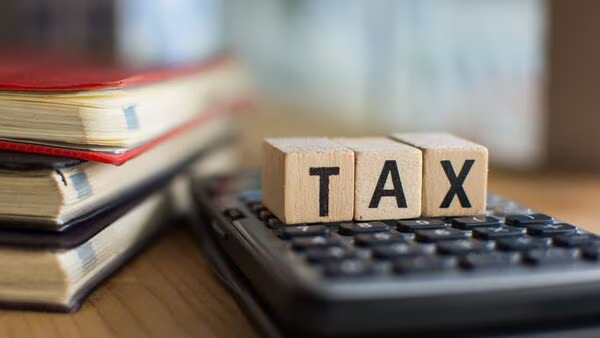-
House Rent Allowance (HRA):
- HRA is provided by companies to compensate employees for the rent paid for accommodation.
- Exemption on HRA depends on factors like actual allowance, rent paid, basic salary, and city of residence.
- Tax exemption for HRA is governed by Section 10(13A) of the Income Tax Act.
- The exemption is the lowest of: (a) actual HRA received, (b) 50% of salary (basic + dearness allowance if applicable) for metro cities or 40% for non-metro cities, and (c) excess of rent paid over 10% of salary.
-
Employees’ Provident Fund (EPF):
- EPF is a retirement savings scheme where both employer and employee contribute.
- Employer’s contribution of 12% of basic salary is exempt from tax.
- Employee’s contribution of up to Rs 1.5 lakh is eligible for deduction under Section 80C.
- Interest earned on EPF is also tax-exempt.
-
Leave Travel Allowance (LTA):
- LTA can be claimed for travel expenses within India.
- Exemption is available on the exact amount provided by the employer.
- LTA can be claimed for two journeys in a block of four calendar years.
-
Food Coupons:
- Tax exemption up to Rs 50 per meal is available for food coupons or meal vouchers.
- Monthly exemption can be calculated based on the number of working days and meals provided.
- The yearly exemption limit is Rs 26,400.
-
Leave Encashment:
- Government sector employees’ leave encashment at retirement is fully tax-free.
- Private sector employees can avail partial exemption under Section 10(10AA).
- The maximum exemption limit for private sector employees is Rs 25 lakh.
-
Car Maintenance Allowance:
- Tax exemption is available for expenses incurred on vehicle maintenance.
- Exemption depends on ownership of the car (employee or company).
- Exemption limits vary based on engine capacity.
-
Telephone/Mobile Allowance:
- Reimbursements for office-related telephone, mobile, or broadband expenses are tax-exempt.
- The amount reimbursed by the company is not considered as income for the employee.
It’s important for taxpayers to understand the specific rules and limits associated with each component to maximize tax savings. Additionally, keeping proper documentation of expenses is crucial for claiming exemptions accurately.

















